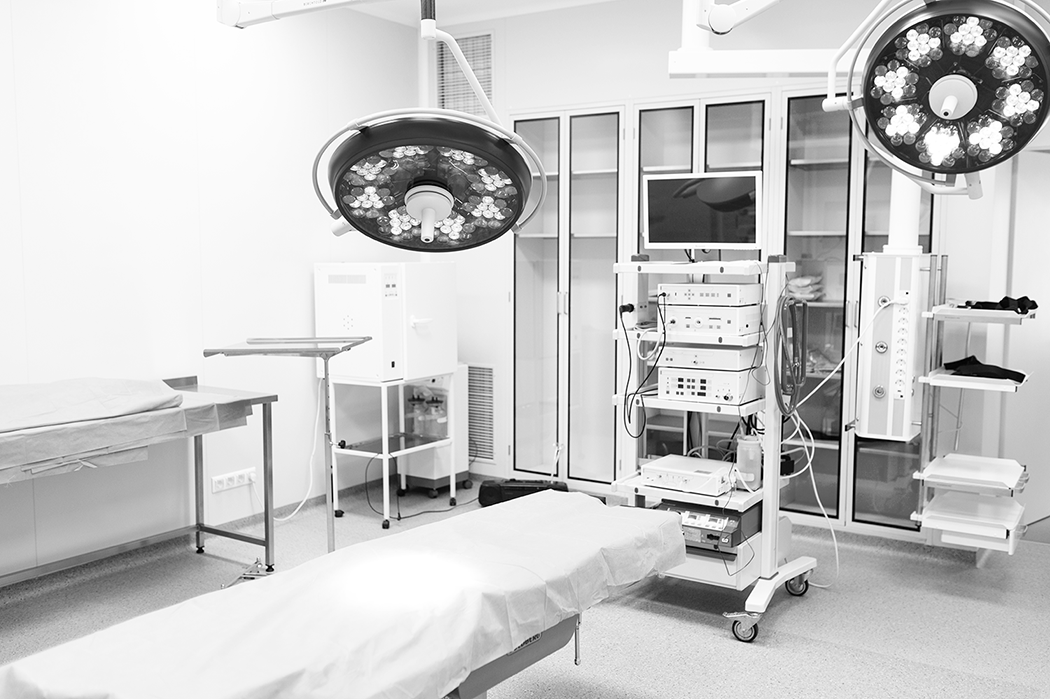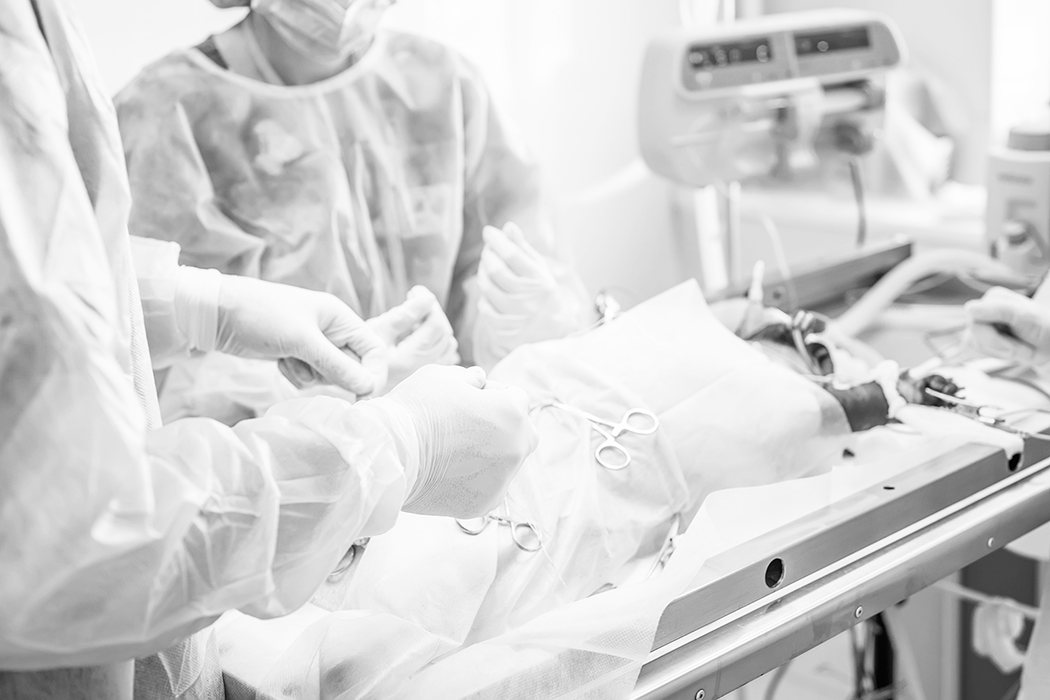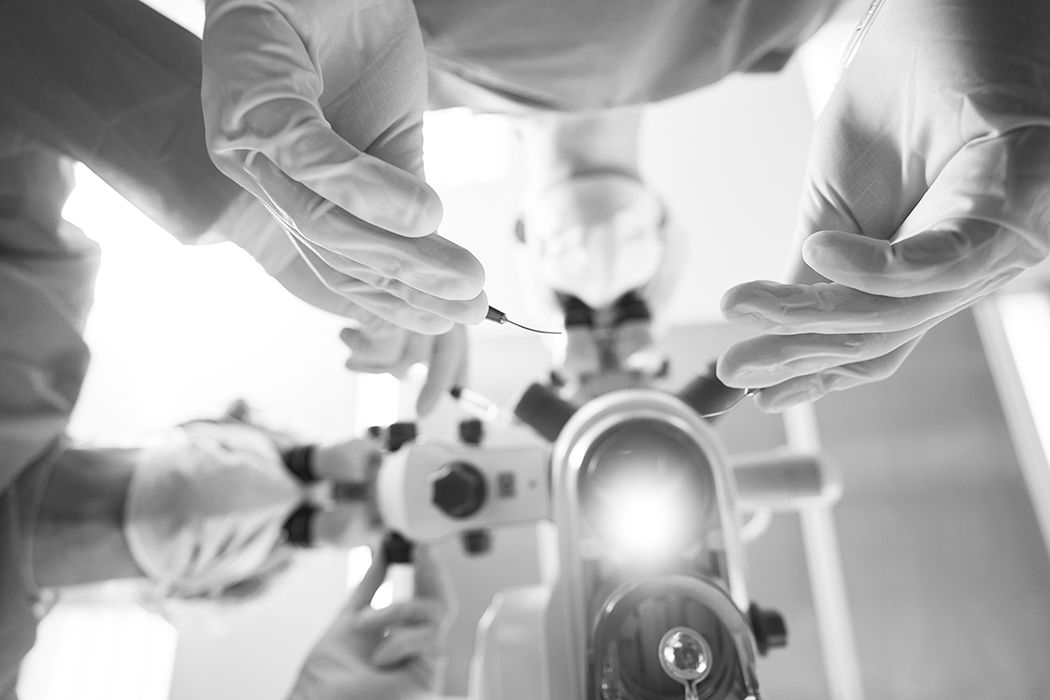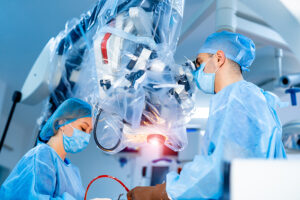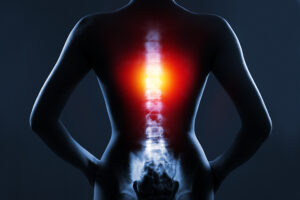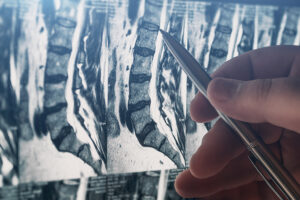Degenerative Disc Treatment in NJ & NY







What is Degenerative
Disc Disease?
Degenerative Disc Disease refers to a common condition that affects the intervertebral discs of the spine. These discs are soft, rubbery cushions that act as shock absorbers between the vertebrae, providing flexibility and allowing for smooth movement of the spine. However, with age and wear and tear, these discs can degenerate and undergo changes that lead to Degenerative Disc Disease.
The primary cause of Degenerative Disc Disease is the natural aging process, which results in the loss of fluid content within the discs, making them less flexible and more prone to damage. As a result, the discs may become thinner, develop cracks, or develop small tears. These changes can cause pain, stiffness, and reduced mobility in the affected area of the spine.
The Leading Cause of Chronic Back Pain in the Elderly
Regular Spine Checkups are the Key to Early Detection
Keeping a Healthy Weight Can Reduce Spine Degeneration
Diagnostic Services
Accurate diagnosis is fundamental for effective degenerative disc disease treatment. At the Institute of Comprehensive Spine Care, we use state-of-the-art diagnostic services to precisely identify the extent and location of your condition.
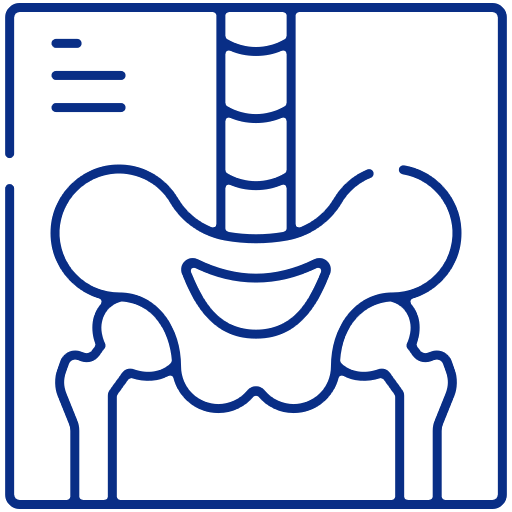
X-Rays
Provide clear images of the skeletal structure, enabling us to identify abnormalities and assess the condition of the spine, crucial for diagnosing conditions like degenerative disc disease.

Physical Examination
Offer direct patient-doctor interaction, allowing the physician to assess symptoms, perform specific tests for nerve function and reflexes, and understand the patient's medical history.
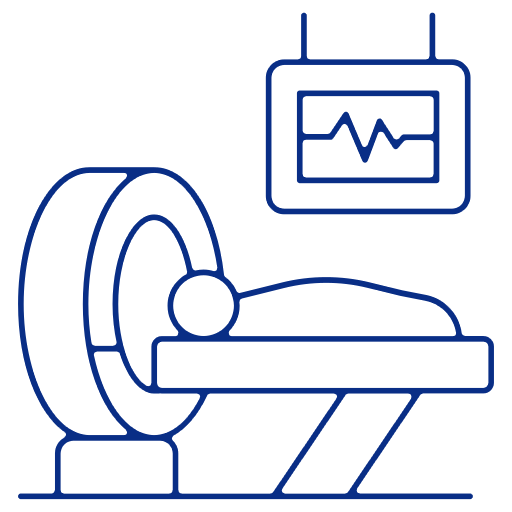
CT Scans
Provide highly detailed cross-sectional images of the body, including bones, blood vessels, and soft tissues, allowing for a precise evaluation of the spine.

MRI Scans
Offer detailed images of soft tissues—including nerves, muscles, and intervertebral discs—in addition to the skeletal structure

How Can We Treat Degenerative Disc Disease?
Discovering the Possibilities
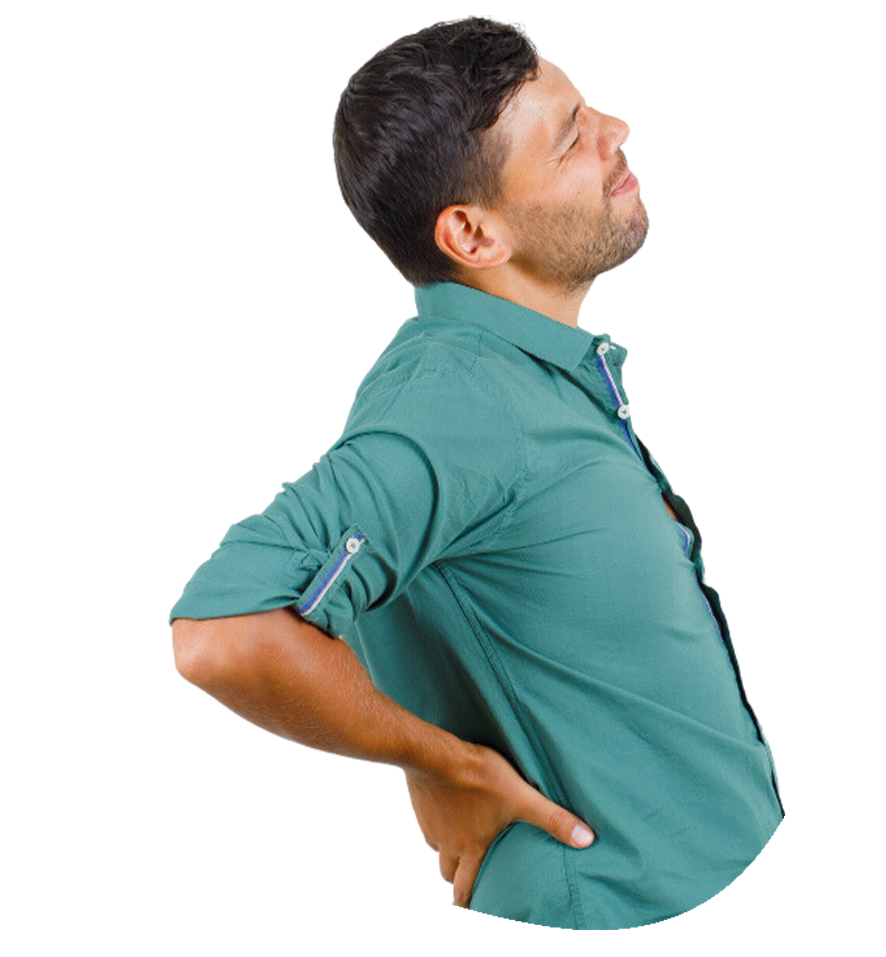
Treatment Options
Non-Surgical Treatment
These Treatmentfocus on conservative and non-invasive approaches to alleviate pain and restore function.
Physical Therapy

Targeted Medications

Over the Counter Medications

Injections
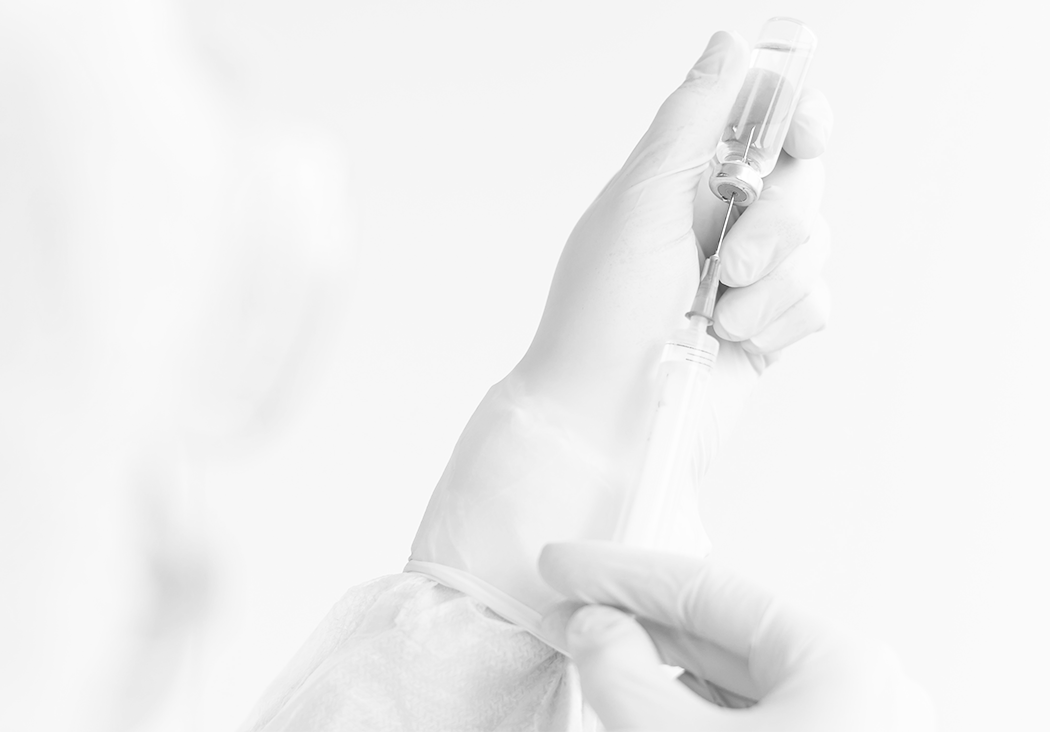
Surgical Treatment
When surgical intervention is necessary, Dr. Bo is a highly skilled and experienced spine surgeon who specializes in a range of surgical procedures.
Rehabilitation and Recovery for Long-Term Success
Guiding You Towards Improved Health
Don't Just Take Our Word For It
Dr. Bo has over 500 5-star reviews.

Start Your Journey towards Relief Today

The Most Trusted Spine Surgeon in NY & NJ
Dr. Gbolahan Okubadejo, affectionately known as Dr. Bo, is a top-rated spine surgeon based in the NY/NJ metropolitan area. He leads The Institute for Comprehensive Spine Care, providing patient-centered care and demonstrating a commitment to excellence. Besides his clinical work, Dr. Bo is a respected researcher, a recipient of prestigious awards, and an advocate for preventive care and minimally invasive procedures. His patient-centered approach extends to educating patients and involving them in their treatment decisions.
Insights On Degenerative Disc Disease
Explore Our Resources
Degenerative Disc Disease FAQs
Answers to Common Questions. Click to Learn More
The exact cause is often related to natural wear and tear on the discs over time. Factors such as aging, genetics, repetitive stress, and certain lifestyle habits can contribute to the development and progression of Degenerative Disc Disease.
Symptoms can vary, but common signs of Degenerative Disc Disease include chronic back or neck pain, stiffness, limited range of motion, numbness or tingling in the extremities, and muscle weakness.
Yes, many cases of Degenerative Disc Disease can be effectively managed with non-surgical treatments. These may include physical therapy, medications, chiropractic care, injections, lifestyle modifications, and other conservative approaches aimed at reducing pain, improving function, and enhancing quality of life.
While treatment can provide significant relief, Degenerative Disc Disease is a chronic condition, and there is a possibility of symptoms returning over time. However, with proper care, lifestyle modifications, and ongoing management, the recurrence of symptoms can often be minimized or managed effectively.
While Degenerative Disc Disease cannot be entirely prevented, certain measures can help manage the condition and reduce the risk of further deterioration. These include maintaining a healthy weight, adopting proper posture and body mechanics, engaging in regular exercise, avoiding smoking, and following a nutritious diet.
Surgery is typically considered when conservative treatments have not provided sufficient relief or when there are severe neurological symptoms, such as persistent weakness or loss of bladder/bowel control. Surgical options may include discectomy, spinal fusion, or artificial disc replacement, depending on the individual case.

